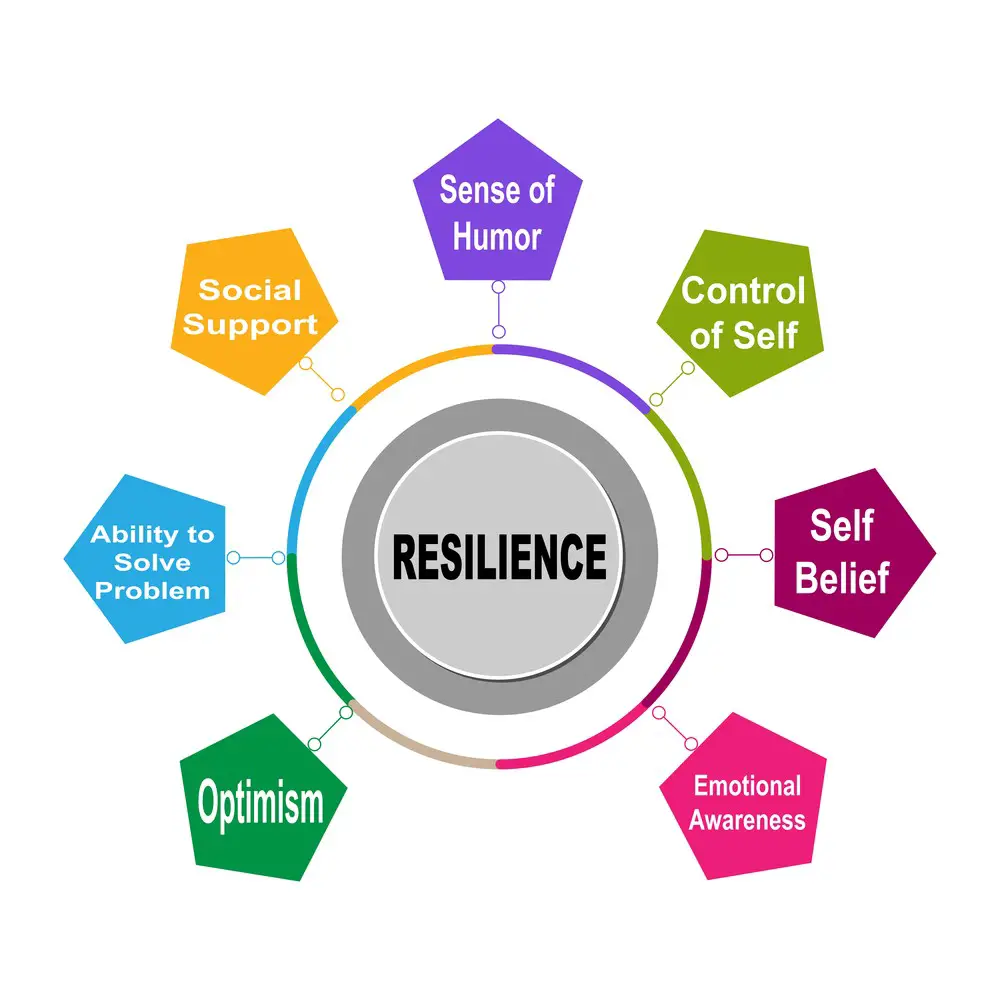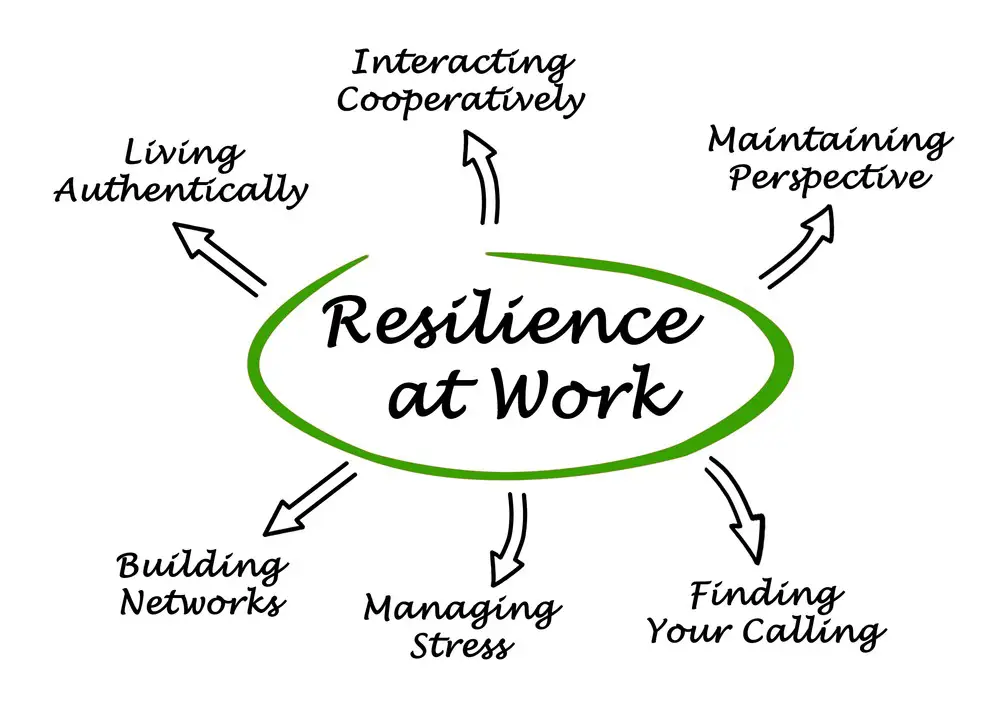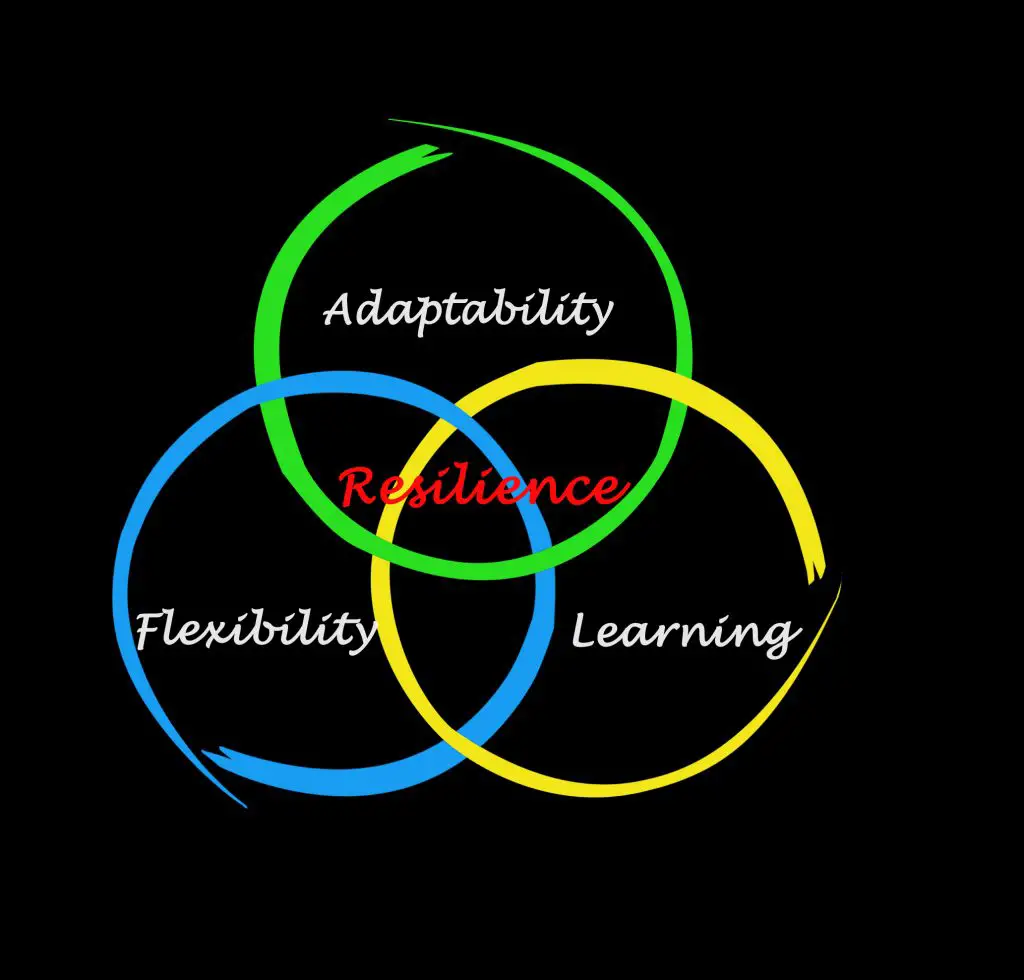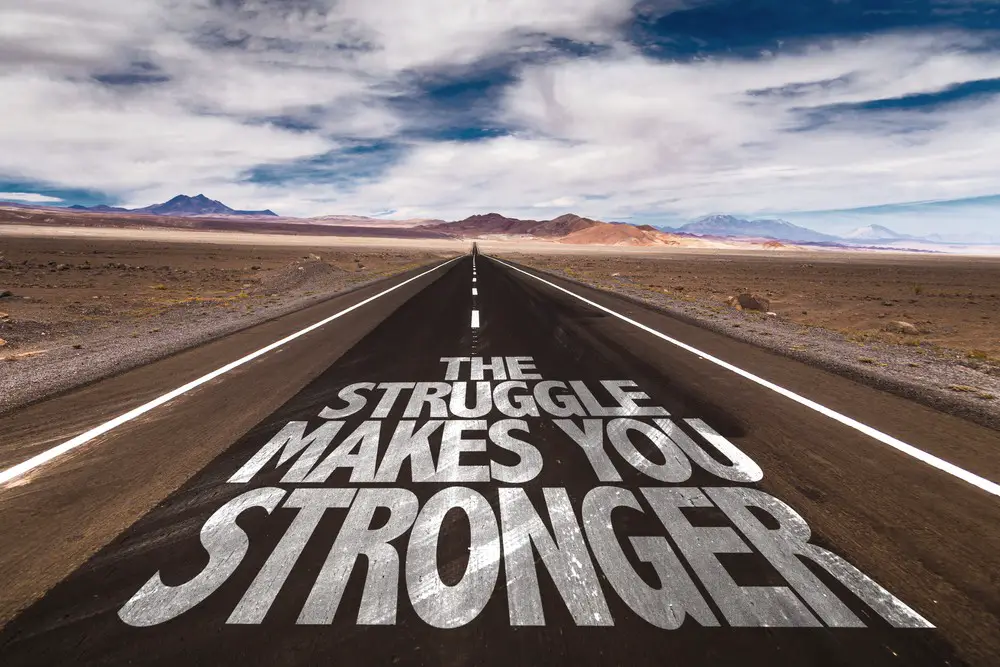As a BetterHelp affiliate, we receive compensation from BetterHelp if you purchase products or services through the links provided
In unraveling the complex interplay between resilience and mental health, we engaged in insightful dialogues with four seasoned psychologists. Their perspectives, steeped in experience, paint a vivid picture of resilience, likening it to a protective “bubble wrap against trauma” or envisioning it as a robust “mental immune system.” Through their lens, we delve into the multifaceted realm of resilience, exploring its transformative potential from being a mere buffer to an agent of mental healing and even transcending to a state of antifragility beyond resilience.
- A Bubble Wrap Against Trauma
- Antifragility Beyond Resilience
- Learning Resilience for Mental Healing
- Your Mental Immune System
These dialogues unveil a journey through the resilient landscapes of the mind, offering a nuanced understanding of how resilience cushions against mental health adversities and propels one towards a path of holistic mental wellness.

1. A Bubble Wrap Against Trauma
Resilience can serve as a buffer against trauma. It’s almost like having a bubble wrap around you that serves as a barrier to traumatic events. When you experience a traumatic event such as an accident, natural disaster, or assault, resiliency helps you let go and move forward. Someone lacking resilience might get stuck in the trauma and develop depression, anxiety, or post-traumatic stress disorder.
When two people experience the same traumatic event, resilience can be the difference between one person developing post-traumatic stress disorder and the other not. When you have resilience, you’re able to look at the trauma in a different way.
Megan Sherback, Psychologist, Lilac Alberta Counselling
2. Antifragility Beyond Resilience
This may be the wrong question. If the “How,” is removed, the question becomes, “Does resilience act as a buffer against mental health conditions?” The answer could be “Maybe,” in the same sense that a car with a flat tire might get you to your destination if it’s only a few blocks away. Resilience is like running in place—it gets you nowhere.
The alternative is what is referred to as “antifragility.” For instance, if you drop your phone and it still works, that’s resilience. The phone is durable, but it gains nothing from the experience. But what if your phone increased in durability and reliability after each accident? That’s antifragility.
Rather than seeking to recover our equilibrium after stress or trauma, it could be more beneficial to use life’s challenges to develop unflappable mental calm and toughness amid the turmoil.
Dale Hartley, Psychologist and Author, Dale Hartley, PhD

3. Learning Resilience for Mental Healing
Resilience is something that you can learn. Part of resilience is having a “flexibility” mindset. This means you believe you can overcome challenges, are optimistic, and have hope for the future. Resilience not only acts as a buffer but can also help someone heal.
Resilience doesn’t mean you won’t grieve or feel other intense emotions. It means that you can weather the challenges that come your way. If you aren’t resilient, that doesn’t mean something is wrong with you. Life’s challenges may have become too overwhelming. Recovery is also an option if you are struggling with your mental health.
Monica Borschel, Clinical Psychologist, Divorce and Trauma Recovery

4. Your Mental Immune System
Resilience is like your mental immune system. It is a psychological shield that equips you to handle life’s adversity more effectively. High resilience levels correlate with a reduced likelihood of developing mental health disorders.
In other words, a robust resilience mechanism elevates your threshold for stress, making you less susceptible to mental health conditions. Building resilience is akin to strengthening your psychological defenses. It enhances your ability to withstand various stressors that life presents. This doesn’t mean you won’t experience hardship; it means you’re better equipped to cope with it, reducing the likelihood that such challenges will escalate into more severe mental health issues.
By consciously building resilience—through social support, mental training, and positive thinking—you are essentially increasing your resistance to life’s inevitable stressors, making it less likely that you’ll be negatively affected in the long run.
Heythem Naji, Psychologist, heythemnaji.com

Implementing Resilience: A Practical Guide
The reflections from our experts underscore the pivotal role resilience plays in buffering against mental health conditions. Here’s a simplified roadmap on how individuals, irrespective of their age, can implement these expert insights in everyday life:
1. Building Your Bubble Wrap Against Trauma:
- Cultivate a support system: Surround yourself with supportive and positive individuals who reinforce your ability to cope with stressors.
- Learn coping techniques: Engage in relaxation techniques like meditation, deep breathing, and mindfulness to manage stress effectively.
- Seek professional help when needed: If dealing with trauma, consider consulting a mental health professional to work through your experiences healthily.
2. Exploring Antifragility:
- Learn from adversities: Instead of just bouncing back, aim to grow stronger from adversities. Reflect on challenging experiences and identify learning opportunities.
- Adapt a growth mindset: Embrace challenges as a chance to grow, learn, and improve.
3. Developing a Flexibility Mindset:
- Cultivate optimism: Foster a positive outlook and practice looking for silver linings even in difficult situations.
- Embrace change: Develop a willingness to adapt and see it as an integral part of life and growth.
4. Strengthening Your Mental Immune System:
- Build a healthy routine: Incorporate exercise, a balanced diet, and adequate sleep in your daily routine to maintain a sound mind and body.
- Engage in activities that promote mental wellness: Involve yourself in hobbies and activities that you enjoy and that help to alleviate stress.
Additional Tips:
- Educational Resources: Many books and online resources provide strategies for building resilience.
- Resilience Training: Some organizations offer programs that can provide structured guidance on enhancing your resilience.
- Community Involvement: Being a part of a community can provide a sense of belonging and support, which is crucial for building resilience.
By following these practical steps and incorporating resilience-building activities into your daily life, you’re fortifying your mental health and laying down a solid foundation to face life’s adversities with a fortified mindset. Building resilience takes time and practice, like any other skill, so be patient with yourself on this journey.

? Recognizing the Signals: When is Therapy Needed?
Life is a rollercoaster of emotions and challenges. However, when these challenges start obstructing your daily life, it might be a signal to seek professional help. Here are some signs that therapy might be beneficial:
- Persistent Feelings of Sadness or Hopelessness: If you’re constantly feeling down, and these feelings last for a significant period, it might be a sign to seek help.
- Excessive Worrying or Anxiety: Everyone worries, but therapy might be a good option if your anxiety starts interfering with your life.
- Sleeping Difficulties: Constant insomnia or oversleeping can indicate underlying issues that therapy can help address.
- Withdrawal from Activities You Once Enjoyed: Losing interest in previously enjoyable activities could be a sign.
- Relationship Struggles: If you’re facing constant conflict with loved ones, therapy can help unravel and address interpersonal issues.
? Setting the Compass: Goals for Therapy
Therapy is a journey of self-discovery and healing. Setting clear goals can help you navigate this journey effectively. Here are some steps to consider:
- Identify Your Needs: What brought you to therapy? Is it anxiety, depression, relationship issues, or something else? Identifying the core issues is the first step.
- Set SMART Goals: Goals should be Specific, Measurable, Achievable, Relevant, and Time-bound.
- Visualize Success: What does success look like to you? Having a clear vision can help you stay motivated and engaged in therapy.
? Charting the Progress: Monitoring Your Therapy Journey
Progress in therapy can sometimes be subtle and gradual. Here’s how you can monitor it:
- Regular Check-ins with Your Therapist: Have open conversations about your progress with your therapist. They can provide valuable insights and adjust your treatment plan as necessary.
- Journaling: Keep a therapy journal to note your feelings and any breakthroughs or challenges you face between sessions.
- Reflect on Your Goals: Periodically revisiting your goals to check how closely you are to achieving them can be a good indicator of progress.
- Seek Feedback from Loved Ones: Sometimes, those around you can notice changes you might overlook.
Therapy is a personal journey. Everyone’s path will look different, but the right support and self-awareness can lead to meaningful growth and improved mental well-being.
About Jacob Maslow
After surviving the traumatizing events of 9/11, I took it upon myself to heal through helping others. I’m the primary caregiver of my children and understand from first-hand experience the lonely paths you have to walk as a partner and parent when leaving an unhealthy relationship.
We’re all echoing in a dark space that doesn’t have to be this empty, and that’s been my mission since finding solace and recovery in therapy: To help comfort others who are still in shock and at the prime of their struggle.
I came across BetterHelp after searching for this type of community. I wanted to belong to a body of proactive therapists and supportive therapy veterans that allowed me to see other sides of the story.
It was unconventional, and that’s what attracted me most. During my most challenging times, when my ex-wife completely cut me off from my children, I found comfort and clarity through BetterHelp.
Instead of being chained to a strict therapist recommendation, I was in charge of who I felt understood my struggle most. That allowed me to find my true peace, as I was reunited with those who read behind my words and had first-hand experience with my trauma.
Recovery is a choice; with BetterHelp, that choice will be a few clicks away. You can join their couples-oriented platform, Regain.us, for those stuck with family estrangement and toxic relationship patterns.
- 3 Ways Wearing a Hat Can Help Lower Your Stress Levels - April 19, 2025
- Breaking the Silence: Why Men’s Mental Health Matters More Than Ever - April 15, 2025
- How to Transform a Home’s Patio Space into a Relaxing Space - March 23, 2025
This site contains affiliate links to products. We will receive a commission for purchases made through these links.



